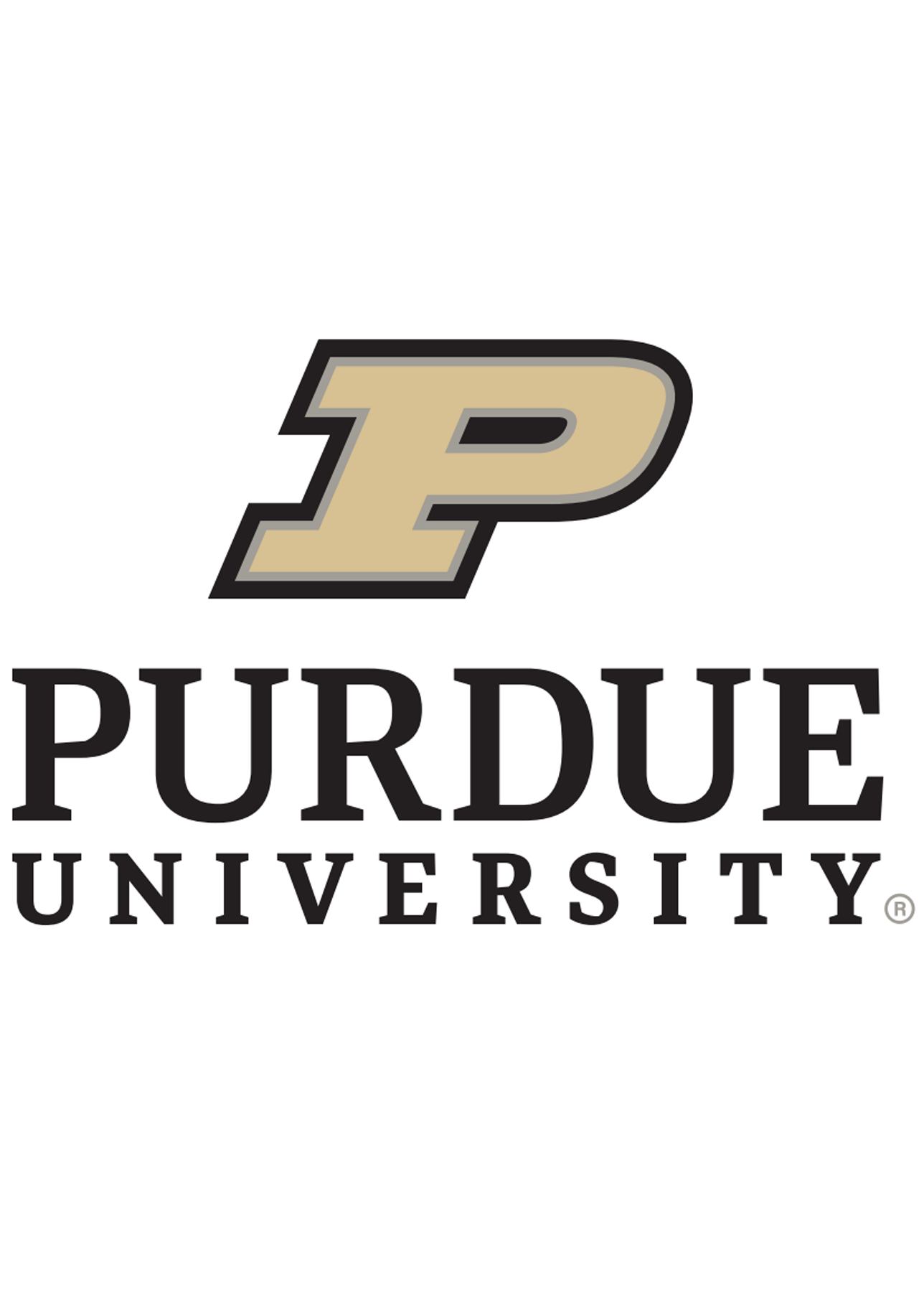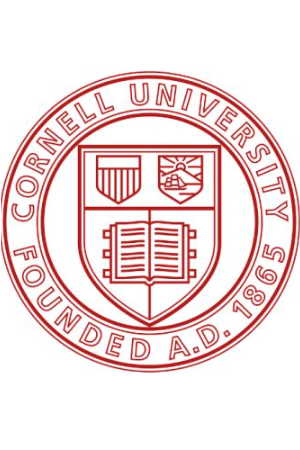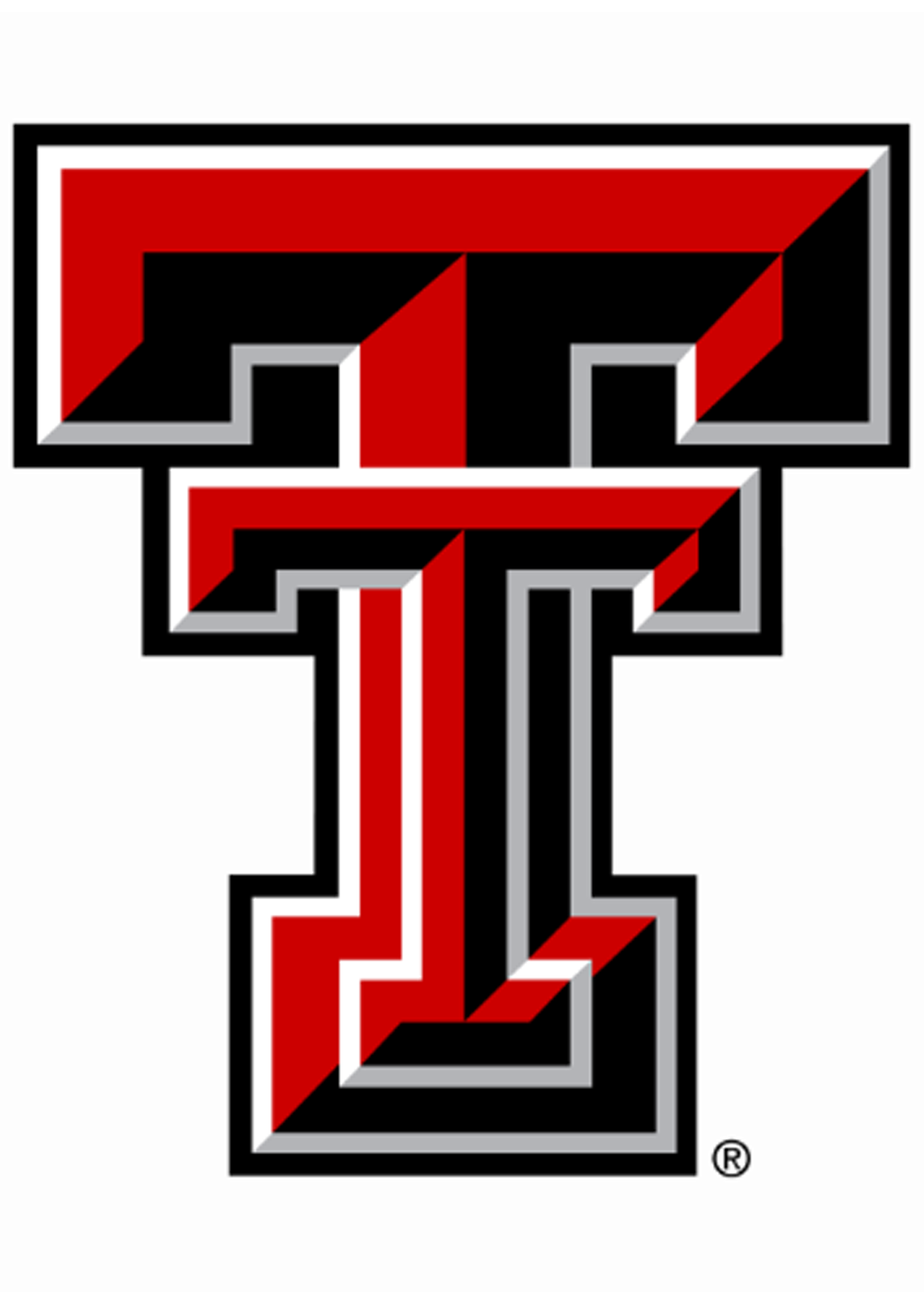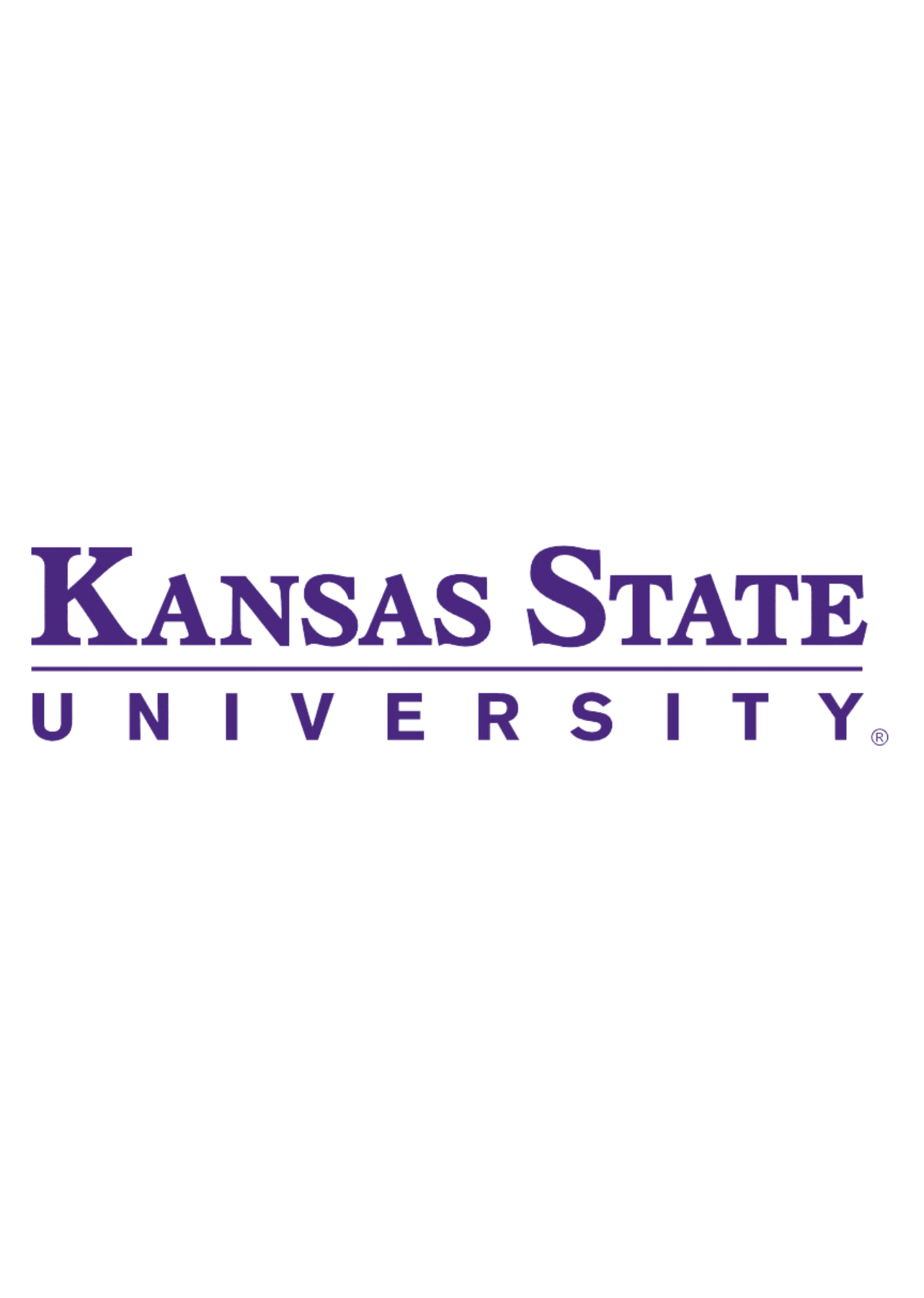A master’s degree in hospitality management prepares students for various jobs, including marketing director, event planner, and managerial roles in customer service, operations, marketing, or facilities. Graduates may work in a broad range of organizations like hotels, restaurants, spas, resorts, theme parks, and event venues.
The salaries for these roles vary widely based on industry, experience level, and location. Job candidates with a master’s degree in hospitality management are more likely to get paid a higher salary. The national median pay for a food service manager is $61,310 annually. In New York, the median is $82,150, and in Arkansas, it’s $52,690.
A master’s in hospitality management program typically takes two years of full-time study to complete and requires 30-36 credits for graduation. The average program costs $19,749 per year, which includes tuition and fees. Some of the factors that may impact the cost of a program include your residency status, whether the institution is public or private, and the level of prestige it holds.
Why Trust Us
The Intelligent.com Higher Education Team is dedicated to providing students with independent, equitable school and program rankings and well-researched resources. Our expert-driven articles cover topics related to online colleges and programs, paying for school, and career outlooks. We use data from the U.S. Department of Education’s College Scorecard, the National Center for Education Statistics, and other reputable educational and professional organizations. Our academic advisory team reviews content and verifies accuracy throughout the year for the most current information. Partnerships do not influence rankings or editorial decisions.
- Analyzed over 2,000 national, accredited, and nonprofit colleges and universities
- 800+ rankings pages are reviewed and updated yearly
- Content is informed by reputable sources, surveys, and interviews with academic advisors and other experts
- Over 100 data points are reviewed for accuracy and quality throughout the year, including sources
How we rank schools
Our list features the best Hospitality Management degree programs at top colleges nationwide. Each school featured is a nonprofit, accredited institution — either public or private — with a high standard of academic quality for post-secondary institutions.
We evaluated each school’s program on tuition costs, admission, retention and graduation rates, faculty, reputation, and the student resources provided for online students. We collected data from trusted sources like the National Center for Education Statistics, individual school and program websites, school admissions counselors, and other data sources. Then, we calculated the Intelligent Score on a scale of 0 to 100 based on the following criterion:
Academic Quality:
- Admission rate versus enrollment rate
- Retention rate of students who return after year one
- Accreditation status (regional and programmatic)
- Nonprofit status, both private and public institutions
Graduation Rate
- Overall graduation rate
- Total number of currently enrolled students, including diversity metrics
- Student-to-faculty ratio
Cost and ROI
- In-state and out-of-state per-credit tuition rates and fees
- Required credits to graduate
- Earning potential after graduation
- Availability of federal student loans, scholarships, and other financial aid options
Student Resources
- Available student services for online-only and hybrid programs
- On-campus amenities like tutoring centers and the number of libraries
Read more about our ranking methodology.
Best 22 Accredited Master’s in Hospitality Management Programs
FiltersInstitution Type
Status
- Intelligent Score
- Alphabetically By University Name
- Acceptance Rate
- Enrollment
- In-state Graduate Tuition
- Out-of-state Graduate Tuition
- In-state Undergraduate Tuition
- Out-of-state Undergraduate Tuition

Purdue University
Intelligent Score: 97.02In-state: $9,208
Out-of-state: $28,010
In-state: $9,208
Out-of-state: $9,208
SAT: 1170-1420
ACT: 25-33
Resident: $607
Non-Resident: $1,214
On-Campus, Online
Higher Learning Commission
34

University of Houston
Intelligent Score: 96.2In-state: $8,449
Out-of-state: $20,665
In-state: $8,539
Out-of-state: $8,539
SAT: 1120-1310
ACT: 22-28
Resident: $334 - $535
Non-Resident: $854 - $1,055
On-Campus
Southern Association of Colleges and Schools Commission on Colleges
36

University of Central Florida
Intelligent Score: 95.64In-state: $4,478
Out-of-state: $19,810
In-state: $6,916
Out-of-state: $6,916
SAT: 1160-1340
ACT: 25-30
In-State: $369
Out-of-State: $1,194
On-Campus, Online
Southern Association of Colleges and Schools Commission on Colleges
33

Florida International University
Intelligent Score: 95.54In-state: $4,721
Out-of-state: $16,529
In-state: $8,912
Out-of-state: $8,912
SAT: 1110-1260
ACT: 23-29
In-State: $455
Out-of-State: $1,001
On-Campus, Online
Southern Association of Colleges and Schools Commission on Colleges
33

Cornell Nolan
Intelligent Score: 94.42In-state: $69,826
Out-of-state: $92,150
In-state: $95,805
Out-of-state: $95,805
SAT: 1470 to 1550
ACT: 33-35
$1,951
On-Campus
Association to Advance Collegiate Schools of Business
48

NYU School of Professional Studies
Intelligent Score: 93.82In-state: $52,204
Out-of-state: $52,204
In-state: $34,704
Out-of-state: $34,704
SAT: 1370-1540
ACT: 31-34
$2,123 - $2,548
On-Campus, Online, Hybrid
Middle States Commission on Higher Education
36

University of North Texas
Intelligent Score: 93.57In-state: $8,295
Out-of-state: $18,111
In-state: $6,350
Out-of-state: $6,350
SAT: 1050-1240
ACT: 20-27
Resident: $352
Non-Resident: $772
On-Campus, Online
Accreditation Commission For Programs On Hospitality Administration
36

Pennsylvania State University
Intelligent Score: 91.39In-state: $15,025
Out-of-state: $24,413
In-state: $22,464
Out-of-state: $22,464
SAT: 1070-1300
ACT: 24-29
Resident: $1,040
Non-Resident: $1,803
On-Campus
Middle States Commission on Higher Education
36

California State Polytechnic University, Pomona
Intelligent Score: 91.09In-state: $5,742
Out-of-state: $17,622
In-state: $7,176
Out-of-state: $7,176
SAT: 1010-1250
ACT: 19-27
$800
On-Campus
Accreditation Commission For Programs On Hospitality Administration
30-36

Oklahoma State University
Intelligent Score: 89.6In-state: $5,357
Out-of-state: $20,877
In-state: $5,531
Out-of-state: $5,531
SAT: 1020-1250
ACT: 21-28
In-State: $233
Out-of-State: $879
On-Campus
Higher Learning Commission
30

Iowa State University
Intelligent Score: 88.68In-state: $8,042
Out-of-state: $23,230
In-state: $9,758
Out-of-state: $9,758
SAT: 1010-1310
ACT: 21-28
Residenr: $611
Non-Resident: $1,548
On-Campus, Online
Accreditation Commission For Programs On Hospitality Administration
30-36

GW School of Business
Intelligent Score: 88.34In-state: $55,961
Out-of-state: $55,961
In-state: $31,770
Out-of-state: $31,770
SAT: 1270-1450
ACT: 30-33
$1,965
On-Campus, Online
Association to Advance Collegiate Schools of Business
30

Texas Tech University
Intelligent Score: 88.34In-state: $8,683
Out-of-state: $20,953
In-state: $6,788
Out-of-state: $6,788
SAT: 1070-1240
ACT: 22-27
Residenr: $301
Non-Resident: $759
On-Campus
Accreditation Commission For Programs On Hospitality Administration
33

University of Delaware
Intelligent Score: 86.27In-state: $12,730
Out-of-state: $34,160
In-state: $34,164
Out-of-state: $34,164
SAT: 1150-1330
ACT: 25-30
$1,028
On-Campus
Association to Advance Collegiate Schools of Business
30

University of South Carolina
Intelligent Score: 86.16In-state: $12,288
Out-of-state: $33,528
In-state: $13,737
Out-of-state: $13,737
SAT: 1140-1340
ACT: 25-31
Resident: $512
Non-Resident: $1,439
On-Campus, Online
Southern Association of Colleges and Schools Commission on Colleges
30

University of New Orleans
Intelligent Score: 85.65In-state: $6,090
Out-of-state: $10,926
In-state: $6,090
Out-of-state: $6,090
SAT: 1000-1270
ACT: 18-24
Resident: $506
Non-Resident: $759
On-Campus
Association to Advance Collegiate Schools of Business
39

Kansas State University
Intelligent Score: 85.05In-state: $9,375
Out-of-state: $25,251
In-state: $10,212
Out-of-state: $10,212
SAT: N/A
ACT: N/A
$600
On-Campus
Accreditation Commission For Programs On Hospitality Administration
36

Georgia State University
Intelligent Score: 84.16In-state: $7,158
Out-of-state: $22,389
In-state: $7,164
Out-of-state: $7,164
SAT: 1030-1260
ACT: 20-26
$1,450
On-Campus
Accreditation Commission For Programs On Hospitality Administration
30
How to Choose a Master’s in Hospitality Management Program
Choose your area of study
Consider your career goals, interests, and strengths as you choose your area of study. Your degree options include a Master of Business Administration (MBA), a Master of Arts (MA) degree, or a Master of Science (MS) degree in hospitality management. Specializations in the field include hotel management, food and beverage management, and event, tourism, and talent management.
An MBA prepares students for general business leadership roles in areas like financing, marketing, operations, and customer success. An MA program focuses on the cultural, sociological, theoretical, and other academic aspects of the hospitality industry. Graduates might pursue a career in cultural consultancy, research, or policy development within the sector. An MS program takes a scientific and analytical approach to hospitality management, preparing students to specialize in an area like revenue management, strategic operations, or hospitality analytics.
If you’re unsure which direction to go, talk to an academic advisor, who will help you weigh your options and decide which program is right for you.
Research schools and programs
The most important factor for choosing any degree program is accreditation. Many employers and licensing organizations won’t recognize a degree from an institution that isn’t accredited, and only students attending accredited schools are eligible for state and federal financial aid.
Look for schools that are regionally accredited, and consider hospitality management programs that are accredited by the Accreditation Commission for Programs in Hospitality Administration (ACPHA), the Accreditation Council for Business Schools and Programs (ACBSP), or another accreditation institution.
Before you begin researching schools and programs, clearly outline the considerations that’ll help you narrow down your choices. Decide whether you want to attend the program online or in person, on a full-time or part-time basis, and as an in-state or out-of-state student. Does the program need to be in a location with reliable public transportation and affordable housing? Do you have a particular state or region in mind?
Research a variety of institutions. Visit each school’s website and social media channels to understand its culture. If you can, tour schools in person and talk to an admissions counselor or program representative — otherwise, sign up for a virtual open house or webinar, which you’ll often find on the program page.
Prepare for tests and applications
Although application requirements vary by school, most hospitality management master’s programs require some combination of undergraduate transcripts, letters of recommendation, a resume or CV, an original essay or personal statement, and an academic writing sample. Some, but not all, programs require GRE or GMAT scores.
Before you submit your application, review it with an academic advisor to ensure you meet all of the requirements and have provided the correct documentation. If you have any questions about the application or requirements, contact the school’s admissions counselor to ensure you have the right information.
Select your program
Once you’ve been accepted into one or more programs, it’s time to make your final decision. If you have a few options to choose from, it may help to make a list of the pros and cons of each. Compare program costs, financial aid options, locations, coursework, and specializations offered. Consider added values, like a certain level of prestige, a strong alumni organization, opportunities for internships, and job placement assistance.
Ultimately, consider your interests and the type of career and level of success you’d like to achieve, and pick the program that best aligns with the future you envision. If you’re struggling with the decision, visit an academic advisor to help you evaluate your options.
Determine how you’ll pay for your degree
To figure out how you’ll pay for your master’s degree, first create an estimate that includes the cost of tuition, student fees, books and materials, transportation, housing, and living expenses for the duration of the program. Then, decide whether you can afford it without financial assistance.
If you need help paying for your degree, complete the FAFSA for federal financial aid or need-based assistance, and see if your employer offers tuition reimbursement benefits. Some schools, professional organizations, employers, local governments, and independent groups offer scholarships and grants to help students pay for a graduate degree. Private student loans are also available.
What Can You Expect From a Master’s in Hospitality Management Program?
The coursework associated with a master’s in hospitality management helps students understand the inner workings of the industry and apply their knowledge and skills to real-world situations. A master’s degree prepares and qualifies you to improve a hospitality organization’s operations on a number of levels, either behind the scenes or in a consumer-facing role.
During your two-year master’s degree program (or four-year, if you’re attending part-time), you’ll likely participate in various industry conferences, round tables, and hospitality-related activities within your cohort. Most programs have a graduate student organization that offers guest speakers, networking opportunities, and social events.
Some master’s programs culminate in a capstone project or internship. Graduating students typically have access to mentors, industry contacts, and other resources as they begin their job search.
Potential courses you’ll take in a master’s in hospitality management program
- Financial Management. Courses in financial management teach students about the financial strategies used in food and hospitality operations. Students will analyze financial statements, evaluate real-world problems, and learn how to predict consumer demand.
- Organizational Behavior. This course provides a detailed look at the development of individual and group behaviors in business. Topics may include team dynamics, leadership, conflict resolution, and organizational culture.
- Global Marketing. Students learn advanced marketing strategies for North American and global markets. They explore cultural contexts, their impact on strategies, and the best global marketing practices to use.
- Advanced Human Resource Management. This course looks at the key functions of human resources, including talent selection, employee retention, performance and reward systems, training and professional development, compensation, and diversity.
- Service Management. This course explores various service strategies used by domestic and global service organizations. Participants learn about the theories and methods used in an organization’s operations and explore ways to measure, analyze, and interpret customer satisfaction data and other data points.
Master’s in Hospitality Management Degree Frequently Asked Questions
How do I apply to a master’s in hospitality management degree program?
The application process generally starts on the school’s website. The program’s web page provides a link to the application, a list of admissions requirements, and a checklist for supporting documentation. Admission requirements vary by institution, but in general, you’ll be required to submit a copy of your undergraduate transcripts, letters of recommendation, a resume or CV, an essay or personal statement, and an academic writing sample. You must have completed a bachelor’s degree from an accredited university, typically with a grade point average of 3.0-4.0. It’s important to talk with an admissions counselor before applying to ensure you have the most up-to-date information, meet all of the requirements, and submit the proper documentation.
How much does a master’s degree in hospitality management cost?
On average, any master’s degree, including one in hospitality management, costs $19,749 per year and includes the tuition and fees required for the program. The total cost of your program will depend on the type of institution you attend, where it’s located, the number of credits required for your degree, whether you’re an in-state or out-of-state student, and whether you attend in-person or online classes. When budgeting for your degree, consider housing, transportation, food, supplies, and other living expenses.
How long does it take to earn a master’s in hospitality management degree?
A master’s degree in hospitality management typically takes two years of full-time study to complete. The majority of programs require candidates to complete 30-36 credits to graduate, including both required and elective courses. A part-time student can expect to finish the coursework in four years. Many online master’s program options are available, too, offering students more flexibility to work remotely and complete the degree at a pace that suits their needs.

 Haley Nothstein" width="54" height="54"/>
Haley Nothstein" width="54" height="54"/>